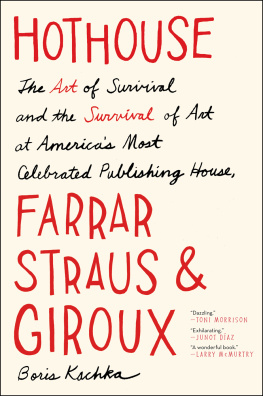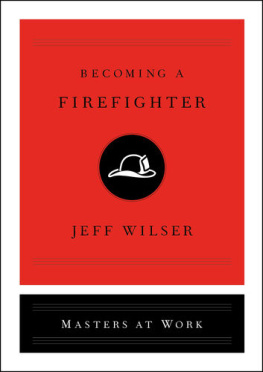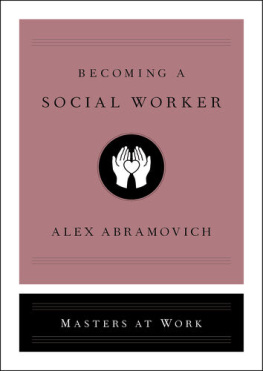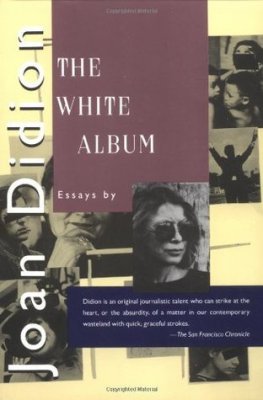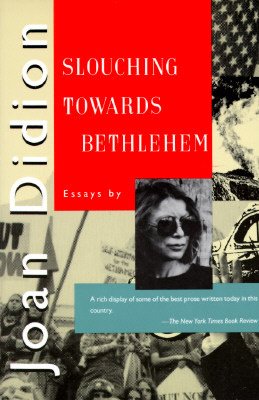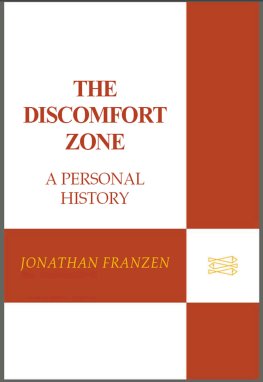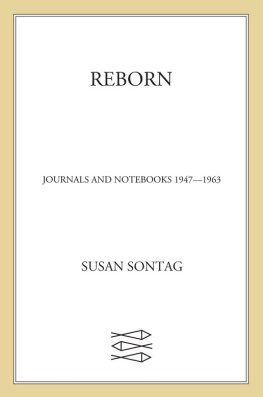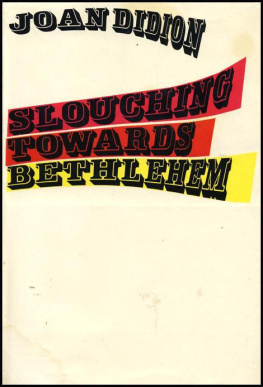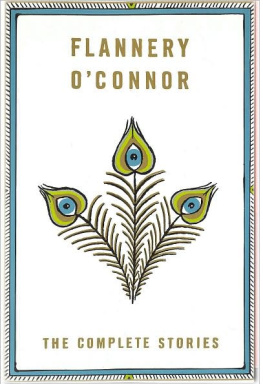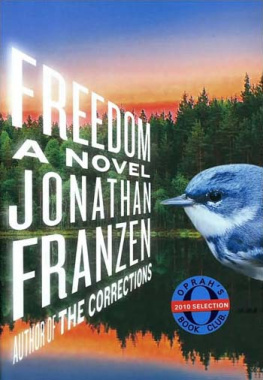Finalist for the National Book Critics Circle John Leonard Award
#1 Indie Next Selection of Americas Independent Booksellers
A Washington Post and Kirkus Reviews Notable Book of the Year
A Wall Street Journal, Boston Globe , and IndieBound Bestseller
Riveting... Stellar... A vivid narrative... Hothouse fits nicely on a shelf next to entertaining business books such as Walter Isaacsons Steve Jobs or Michael Lewiss Moneyball .
Dallas Morning News
Hothouse has both intelligence and wit in its revelations of publishing, publishers, and the capture of authors. The story of FSG is a dazzling wide-lens view of decades of literary America. To call Boris Kachkas prose brilliant is not a clich; it has meaning.
Toni Morrison
This is an amazing, once-in-a-lifetime book. With Hothouse Kachka has produced his very own Mad Men for the literary worldan exhilarating, beautifully written biography of FSG thats really an exhilarating, beautifully written biography of a literary culture.
Junot Daz
It would be easy to dismiss Hothouse as a book aimed at bookish insiders, but a good writer can make anything interesting (and Kachka is a very good writer).... Hothouse includes many enlightening tidbits... [that] reveal something about the authors, the publishers, and even the shifts in American culture.
Craig Fehrman, San Francisco Chronicle
Excellent... Hothouse is as engrossing as a biography of any major cultural icon.
Elissa Schappell, NPR
A rough-and-tumble, heroic tale... Kachka takes us back to the black-and-white era when good old-fashioned hardcovers stood unassailably at the very heart of the culture.... I loved reading the spiky, spicy evocation of the companys good old days.
Jonathan Galassi, New York magazine
A juicy account of the postwar New York book world... Not your average beach read, Hothouse is one nonethelessa Gossip Girl for those fascinated with the literary elite.
Harpers Bazaar
Scintillating... Crammed with delicious anecdotes... [A] compulsively readable tale of the creation, triumphs, and tribulations of Farrar, Straus and Giroux.
Julia M. Klein, The Forward
Hothouse simmers with gossipy tales of publishing... and [is] blessed with real-life characters who could star in any sexy novel.... Its not a book just for intellectuals.
USA Today
Juicy... The New York book world, poised between scruffy glamour and crass commercialism, emerges in this lively chronicle of an iconic institution... Entertaining, accessible, smart, and thought-provoking, this is a book very much in tune with the lost literary milieu it recreates.
Publishers Weekly
Lively history... A smart, savvy portrait of arguably the countrys most important publisher... complete with sex, sour editors, and the occasional stumble into financial success.... A smart and informative portrait of the mechanisms of modern publishing.
Kirkus Reviews
Scintillating history... Writing with vigor, skill, and expertise and drawing on dozens of in-depth interviews, Kachka shares risqu gossip and striking insider revelations and vividly profiles the houses world-shaping writers.... Kachkas engrossing portrait of an exceptional publishing house sheds new light on the volatile mixture of commerce, art, and passion that makes the world of books go round.
Booklist
Astounding: an intelligent, knowing, beautifully written, spectacularly well-reported (read: gratifyingly gossipy) chronicle of the ultimate old-school book publisher. If you want a sense of how big-time, high-end New York publishing used to work and works today, I cant imagine a finer, more authoritative guide.
Kurt Andersen
Boris Kachka would have you believe that Hothouse is the inside story of book publishing as told through the prism of that industrys original odd couple. Do not believe him. Do not be fooled by the wonderful stories of famous authors, editors, and publishers. Here instead is a sneakily informative view of how art gets made in America, a fresh look at the intersection of commerce and culture.
Sloane Crosley
As a literary biographer, Im amazed this book hasnt been written yet in some form, and we can only be grateful that the matter rested until such a stylish, insightful author as Kachka came along to write it. It reminds me of another of my favorite books, Brendan Gills Here at The New Yorker full of sad/funny anecdotes about living, breathing human beings, namely (in both cases) nothing less than the major figures in twentieth century American literature. Hothouse is a must-read for anyone curious about the secret history of American publishing in the postwar era.
Blake Bailey
Hothouse is a wonderful booka sharp look at the backstory of a famous publishing house and the flamboyant man who got as much attention as the writers he usually got cheap. Bravo!
Larry McMurtry
Thank you for downloading this Simon & Schuster eBook.
Join our mailing list and get updates on new releases, deals, bonus content and other great books from Simon & Schuster.
C LICK H ERE T O S IGN U P
or visit us online to sign up at
eBookNews.SimonandSchuster.com
Contents
For Aron and Nora Kachka,
and in memory of Zinovy Vaysman
Introduction
A Long and Beautiful Life
R oger W. Straus, Jr., the grandson of an ambassador, would have made a terrible diplomat. No matter the situation or his level of expertise, Straus had an opinion, and as often as not, he shared it, in public. Whenever he took a phone call from a journalist, his devoted secretary liked to hold up a sign that read: OFF THE RECORD . Straus had, however, an unusually diplomatic answer to everyones favorite question: What was the best book that Farrar, Straus and Giroux, the publishing house he led for nearly sixty years, had ever published? Straus had to strike from the list his most competitive writers: Robert Lowell, John Berryman, Jean Stafford, Jack Kerouac, Elizabeth Bishop, Philip Roth, Aleksandr Solzhenitsyn. Picking among his closest friendsSusan Sontag, Joseph Brodsky, Tom Wolfe, John McPhee, Edmund Wilson, Isaac Bashevis Singerwould be like declaring a favorite child. It certainly wouldnt be one of his rare bestsellers, from Sammy Davis, Jr., to Scott Turow, who rather embarrassed him.
It was one of the toughest questions you could throw at Roger. For all their great size, commercial publishing conglomerates like Simon & Schustera favorite Straus whipping boyhad maybe a book or two per season of lasting literary value. And besides, it would be silly to direct such a question to corporate CEOs, and not just because they rarely read their own books; these giants and their constituent imprints had changed hands so many times it was hard to tell who deserved the credit, or what the value of their logo really was from year to year. Farrar, Straus and Giroux was, and is, different. Those three angular fish stacked vertically at the bottom of a books spine are a guarantee to critics and discerning readers: You may or may not love this book, but we do. This was as true in 2011Jeffrey Eugenides, Pter Ndas, Denis Johnson, Thomas Friedman, Roberto Bolaoas it was in 1968.
Strauss consistent choice of a favorite book was on its face an odd one. Though he often stood accused of chasing Nobel Prizes to the exclusion of all else, including profits, this writer was not one of FSGs twenty-five Nobel laureates (the latest being Mario Vargas Llosa, 2010). Instead he chose Memoirs of Hadrian, by Marguerite Yourcenar, a historical novel written in the voice of the great Roman emperor. Picked up from France via one of Strauss shady European scouts and hastily translated by Yourcenars lover, the book had a brisk-enough saleabout forty thousand in hardcoverbut sales on a work like this were, Straus declared, caviar. Memoirs, which had stayed in print for decades after its publication in 1954, had this long and rather beautiful life.
Next page
